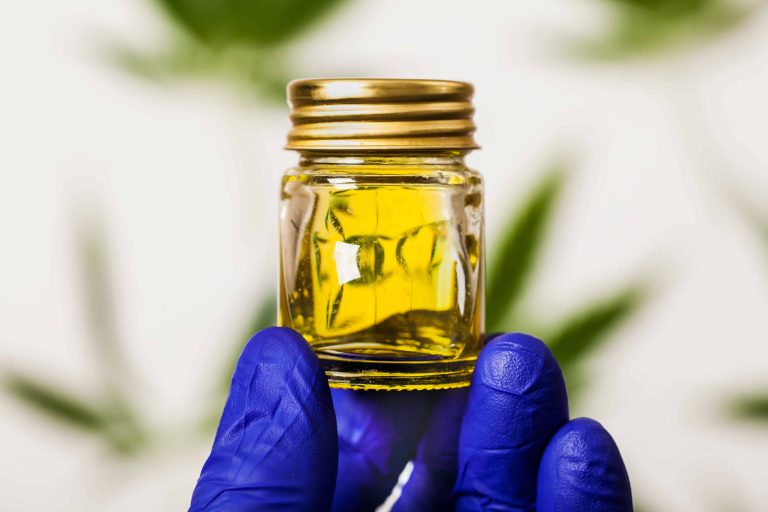Regulators in Georgia have opened the door for medical cannabis patients in the state to have far greater access to treatment.
The state Board of Pharmacy “has released a set of regulations that will allow Georgia’s independent pharmacies to dispense cannabis oil to eligible patients enrolled in a registry maintained by the state Department of Public Health,” according to Northwest Georgia News.
The outlet reports that state regulators have “granted manufacturing licenses thus far to two companies.”
“Trulieve Georgia and Botanical Sciences LLC have begun producing cannabis oil and have opened dispensaries in Marietta and Macon, with more to come,” according to the outlet. “Separate from those dispensaries, the 2019 law also authorizes independent pharmacies to sell cannabis oil to eligible patients.”
“This gives an opportunity for virtually every community to have access,” said Andrew Turnage, executive director of the Georgia Access to Medical Cannabis Commission, which oversees the medical cannabis program, as quoted by Northwest Georgia News.
“They set a pathway for independent pharmacies to apply and subject these pharmacies to inspection and regulation for this medicine,” he added.
Lawmakers in the Peach State first legalized medical cannabis treatment with the passage of Haleigh’s Hope Act in 2015, which granted eligible patients access to low-THC cannabis oil.
The state General Assembly followed that up with “Georgia’s Hope Act” in 2019, “which authorizes the Georgia Access to Medical Cannabis Commission to oversee the regulated licensing of limited, in-state cultivation, production, manufacturing, and sale of low-THC oil as well as dispensing to registered patients on the state’s Low-THC Oil Registry,” according to the state Access to Medical Cannabis Commission’s official website.
After Republican Gov. Brian Kemp signed the bill into law that spring, the commission was “administratively attached for budget, procurement, and human resources support…to the Office of the Georgia Secretary of State,” the government website says.
According to the website, patients with the following conditions are eligible for cannabis oil prescriptions: “Cancer, when such diagnosis is end stage or the treatment produces related wasting illness or recalcitrant nausea and vomiting; Amyotrophic lateral sclerosis, when such diagnosis is severe or end stage; Seizure disorders related to diagnosis of epilepsy or trauma related head injuries; Multiple sclerosis, when such diagnosis is severe or end stage; Crohn’s disease; Mitochondrial disease; Parkinson’s disease, when such diagnosis is severe or end stage; Sickle cell disease, when such diagnosis is severe or end stage; Tourette’s syndrome, when such syndrome is diagnosed as severe; Autism spectrum disorder, when (a) patient is 18 years of age or more, or (b) patient is less than 18 years of age and diagnosed with severe autism; Epidermolysis bullosa; Alzheimer’s disease, when such disease is severe or end stage; AIDS when such syndrome is severe or end stage; Peripheral neuropathy, when symptoms are severe or end stage; Patient is in hospice program, either as inpatient or outpatient; Intractable pain; [and] Post-traumatic stress disorder resulting from direct exposure to or witnessing of a trauma for a patient who is at least 18 years of age.”
But the state’s thousands of eligible patients were unable to obtain the cannabis oil until earlier this year, when the first two medical cannabis dispensaries opened for business last month.
Trulieve, a medical cannabis company, operates both of those dispensaries, which are located in the towns of Macon and Marietta.
“We believe that access to medical cannabis improves lives, and Trulieve is proud to be the first to provide that access to the state of Georgia,” said Trulieve CEO Kim Rivers in a press release at the time of the opening. “We look forward to providing high quality products and an elite experience.”
